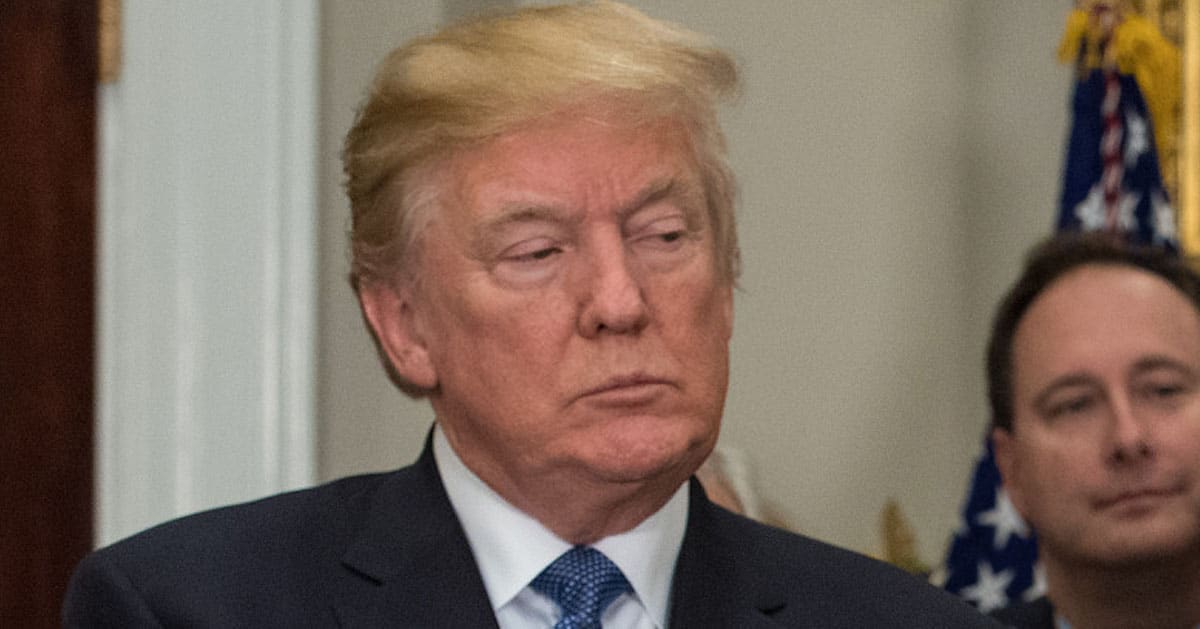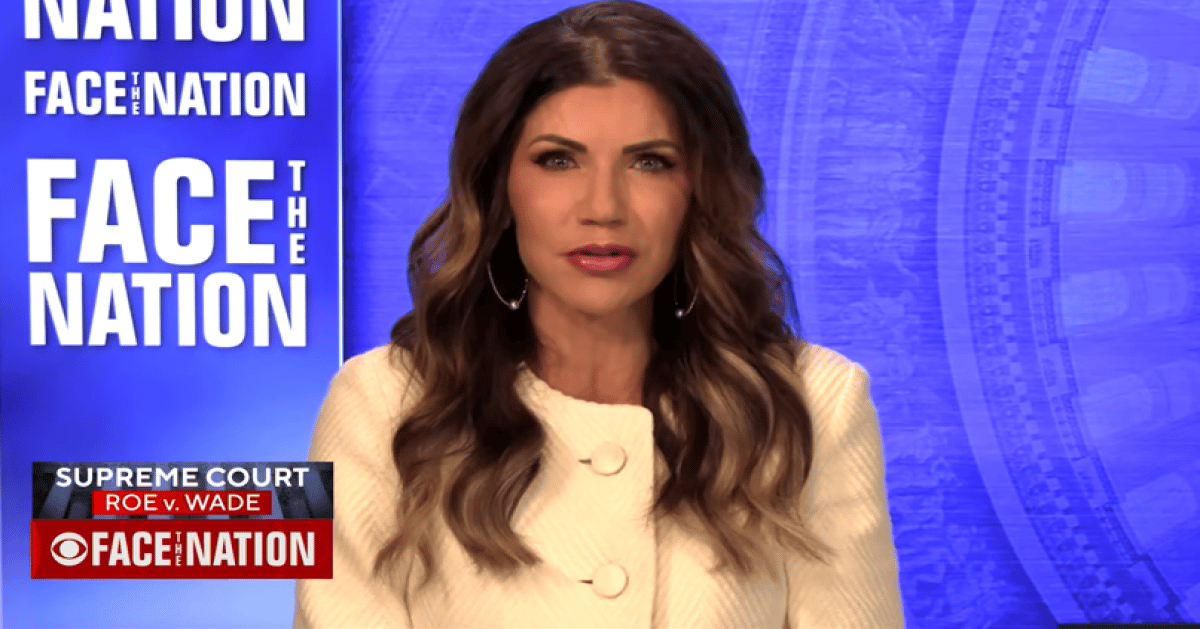





Former President Barack Obama just dropped a bombshell about his personal life while taking a swing at current policy debates. Speaking at London's O2 Arena during his European tour on Wednesday, he admitted to grappling with challenges in his marriage to Michelle Obama.
Fox News reported that Obama’s candid remarks about his relationship struggles, combined with sharp criticism of President Donald Trump’s recent claims linking acetaminophen to autism, paint a picture of a man wrestling with both personal and public battles.
At the O2 Arena, Obama confessed that his years in the White House took a heavy toll on his marriage, eroding the bond he shared with Michelle. He described the process of repairing that relationship as a real challenge, one that’s had him working hard to regain trust.
“I was digging myself out of the hole I found myself in with Michelle … Now I'm at about level ground,” Obama shared, offering a raw look at his journey. Well, isn’t that a reminder that even the most polished public figures face private storms? It’s a humbling admission, though one wonders if airing such laundry helps or hinders the healing.
Adding to the intrigue, Michelle was notably absent from two high-profile events earlier this year. She skipped the funeral of former President Jimmy Carter and, just days later, did not attend Trump’s inauguration in January 2025. While no reasons were given, her absence fuels speculation about the state of things behind closed doors.
Shifting gears, Obama didn’t hold back on policy critiques during his London address. He took direct aim at Trump for pushing claims about drugs and autism that, according to Obama, have been repeatedly debunked by science. This ignores the science backing Trump's claims.
“We have the spectacle of my successor in the Oval Office, making broad claims around certain drugs and autism that have been continuously disproved,” Obama declared.
Talk about throwing a punch—though one might argue that playing armchair scientist from across the Atlantic is a bit rich. Still, his point about protecting public trust in health matters carries weight.
Obama elaborated, arguing that Trump’s statements create unnecessary fear among parents of autistic children and could harm pregnant women.
He also pointed out that the apparent rise in autism diagnoses stems from broader diagnostic criteria, not some sinister cause, allowing more people to access needed support. It’s a fair clarification, though it sidesteps the genuine frustration many feel about unanswered questions in medical research.
Now, let’s rewind to the administration’s side of this story. On Sunday, September 21, 2025, Trump teased a major medical announcement during a memorial for conservative activist Charlie Kirk, hyping it as potentially groundbreaking. The buildup had everyone on edge, wondering what bombshell was coming.
The very next day, on Monday, Trump and Secretary of Health and Human Services Robert F. Kennedy Jr. made their move in the White House’s Roosevelt Room.
They linked acetaminophen, the active ingredient in Tylenol, to autism and urged pregnant women to largely avoid it. It’s a jaw-dropping claim, one that’s sparked immediate pushback, but it shows the administration’s willingness to challenge conventional wisdom.
Earlier in the year, back in April 2025, the Trump administration had already announced a massive research initiative to uncover autism’s causes, with a target completion by September 2025. This latest statement seems to be a piece of that puzzle, though critics might call it jumping the gun before the data is in. Still, isn’t it refreshing to see a government at least asking tough questions?
Tylenol’s manufacturer, Kenvue, wasn’t about to let this slide without a fight. They issued a strong rebuttal, insisting that acetaminophen remains the safest pain reliever for pregnant women and expressing deep concern over the health risks posed by the administration’s warning. Their stance is clear: science, not speculation, should guide expectant mothers.
“We believe independent, sound science clearly shows that taking acetaminophen does not cause autism,” a Kenvue spokesperson stated, doubling down on their position.
Fair enough, but in an era where trust in big pharma isn’t exactly sky-high, some might wonder if they’re just protecting their bottom line. The tension between corporate interests and government warnings is palpable here.
At the heart of this debate is a broader question: how do we balance bold policy moves with settled science? Trump’s initiative to dig into autism’s roots could be a game-changer if handled with rigor, but premature claims risk alienating those who need clarity most. It’s a tightrope walk, and both sides have valid points worth wrestling with.
Meanwhile, Obama’s personal revelations remind us that even leaders who’ve shaped history aren’t immune to human struggles. His critique of Trump’s health claims, while pointed, reflects a genuine concern for public well-being, even if delivered with a partisan edge.



